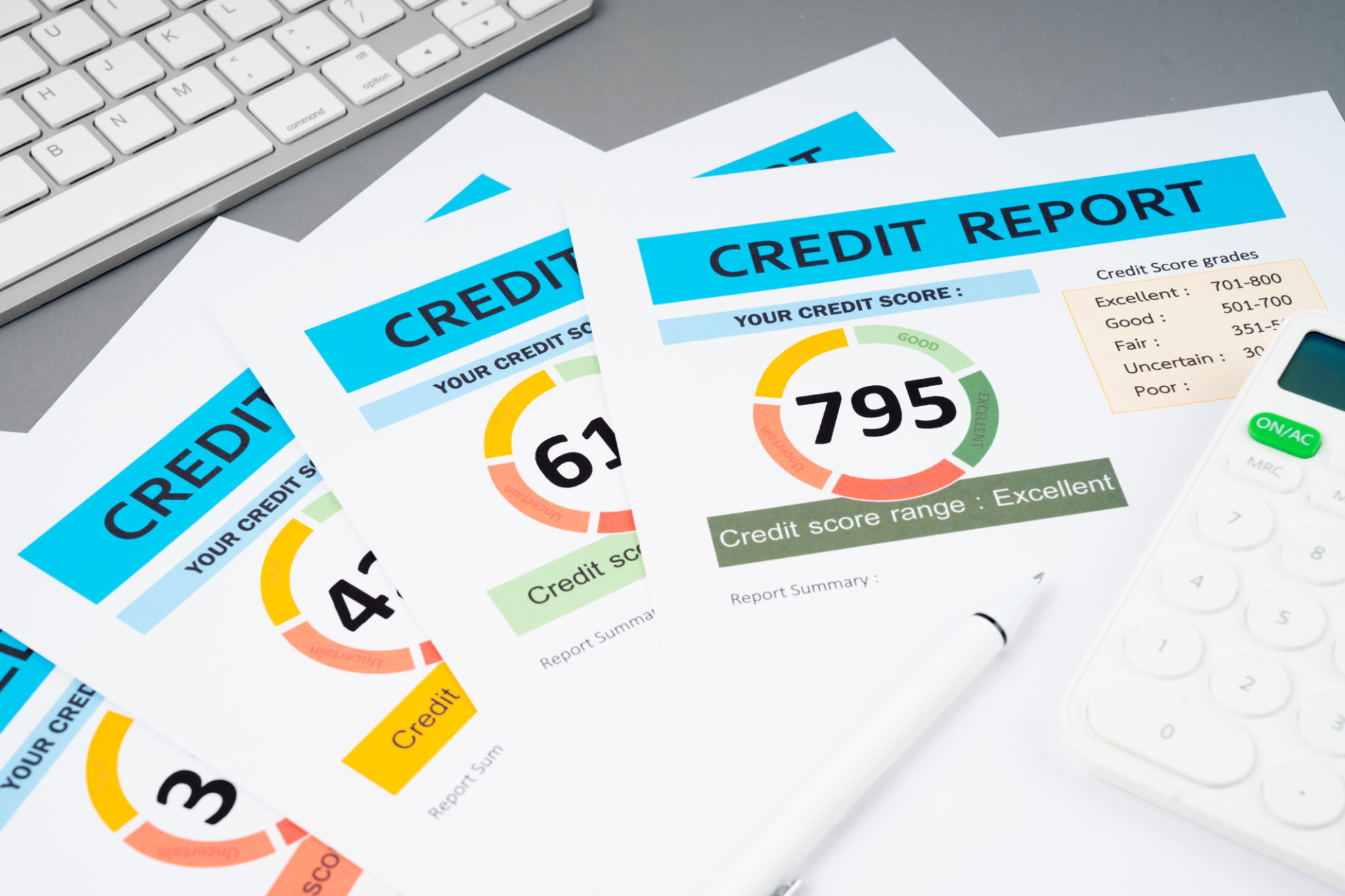Common Credit Repair Myths Debunked: What Really Works
Understanding Credit Repair
Credit repair is a topic shrouded in mystery and misconceptions. Many people find themselves overwhelmed by the sheer amount of conflicting information available. Misunderstanding credit repair can lead to frustration and wasted effort. In this post, we aim to debunk common myths and provide clarity on what really works when it comes to improving your credit score.

Myth 1: Closing Old Accounts Improves Your Credit Score
A common misconception is that closing old or unused accounts can help boost your credit score. In reality, this action can actually harm your score. Closing accounts reduces your available credit and can increase your credit utilization ratio, a key factor in calculating your score. Instead, focus on maintaining low balances and keeping accounts open even if they aren't frequently used.
Myth 2: Paying Off Debts Deletes Them from Your Credit Report
Another widespread myth is the belief that paying off a debt will automatically erase it from your credit report. While it's crucial to pay off debts, the history of those debts may still remain on your report for up to seven years. However, paid accounts are viewed more favorably than unpaid ones, and over time, their impact on your score diminishes.

The Power of On-Time Payments
One of the most effective strategies for repairing credit is consistent, on-time payments. Payment history accounts for a significant portion of your credit score. Setting up automatic payments or reminders can help ensure you never miss a due date. Over time, this practice will positively influence your score.
Myth 3: You Need to Carry a Balance to Build Credit
Some believe that carrying a balance on their credit cards will help build their credit score. This is not true. What matters most is using credit responsibly and paying off your balances in full each month. Carrying a balance only leads to unnecessary interest charges without any added benefit to your score.

Disputing Inaccuracies
If you're serious about repairing your credit, it's important to regularly check your credit reports for inaccuracies. Errors such as incorrect personal information, duplicate accounts, or fraudulent charges can all negatively impact your score. Disputing these inaccuracies can lead to corrections that improve your credit health.
Myth 4: All Credit Repair Companies Are Scams
While it's true that there are disreputable companies in the credit repair industry, not all are scams. Legitimate credit repair companies can offer valuable services, such as identifying errors on your report or negotiating with creditors. It's essential to research and choose a company with a proven track record and transparent practices.
What Really Works
Ultimately, the most effective way to repair your credit is through diligence and informed actions. By understanding how credit works, making timely payments, maintaining low balances, and regularly reviewing your credit report for errors, you can gradually improve your credit score over time.
